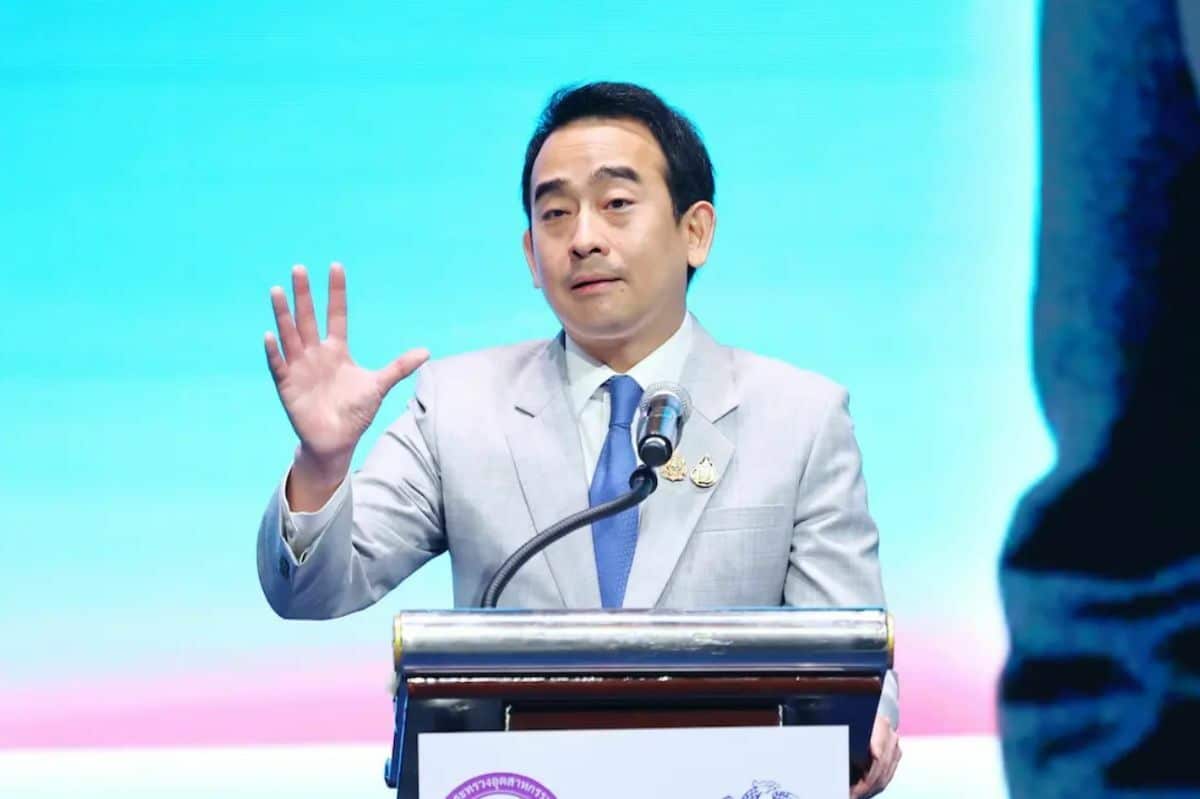Excise crackdown: 2.7 billion baht fines for tax evasion surge

The Excise Department has been directed to swiftly enforce a zero-tolerance policy on excise tax evasion, focusing on breaches of excise regulations.
Deputy Finance Minister Paopoom Rojanasakul emphasised efforts to prevent the smuggling of goods without tax payment, particularly across borders and through online platforms.
The department expressed a commitment to prosecuting and taking action against those involved in selling or possessing smuggled goods is evidenced by increased seizures.
A recent memorandum of understanding was signed with Global Jet Express (Thailand) Co. and KEX Express (Thailand), aiming to enhance collaboration on inspecting, seizing, and confiscating goods. This partnership aims to prevent and combat smuggling via delivery services to evade excise taxes.
Under the agreement, the department can inspect packages suspected of containing tax-evading items, as instances of tax evasion through social media and private courier services rise. Previously, private courier inspections required search warrants.
During the first six months of fiscal 2025, from October 1, 2024, to March 31, 2025, there were 18,254 instances of illegal excise goods seizures, marking a 13.7% increase year-on-year. The estimated total fines amounted to 2.7 billion baht. Alcohol accounted for 46% of cases, followed by tobacco products at 41.6%.
The department reported the seizure of 8,396 illegal alcohol shipments, which included 65,241 litres of domestic alcohol and 14,348 litres of foreign alcohol. Additionally, 7,597 illegal tobacco shipments were seized, comprising 298,002 packs of domestic tobacco and 2.12 million packs of foreign tobacco.
Beyond alcohol and tobacco, other seized items for tax evasion included motorcycles, cars, playing cards, perfume, cosmetics, beverages, oils and oil products, and batteries, reported Bangkok Post.
In related tax news, a Thai steel manufacturer is under investigation by the Department of Special Investigation for allegedly forging over 7,000 fake tax invoices. The scam, valued at more than 200 million baht, involves the company reportedly falsifying documents between July 2015 and March 2017.
Officials from a regional revenue office filed a formal complaint on April 3, accusing the steel firm of using the fraudulent invoices to illegally claim tax credits, a criminal offense under Thai law.
Latest Thailand News
Follow The Thaiger on Google News:


























